Diagnosing Adults with Autism Spectrum Disorder : The diagnosis of Autism Spectrum Disorder (ASD) is usually done in young age i.e. when you are a child. But, what if you think you suffer from Autism and were not diagnosed? It is normal for parents of young children to watch for classic symptoms of Autism such as repetitive movements, eye contact and sensory problems.
In addition, the children are also screened by their pediatrician when they go for their 18 and 24 month visits. Therefore, at the maximum, autism is diagnosed in children by the age of 2. However, this was not always the case. There was a time when kids who are diagnosed with ASD today were simply labeled as ‘learning disabled’ or a ‘difficult child’, which means they wouldn’t have gotten the help they needed.
Now, when such children are adults, they wonder if they suffer from Autism Spectrum Disorder. If you believe you have ASD, then there is a good chance that you only experience mild symptoms, which could explain why you were not diagnosed earlier. But, even if your symptoms are severe, it is a possibility that you could have been misdiagnosed. There are a number of cases where autism spectrum disorder was confused for obsessive compulsive disorder, attention deficit hyperactivity disorder, or other mental issues.
Some adults decide to go for an autism spectrum disorder diagnosis when another family member or one of their own kids is diagnosed with it. You could also have been steered in that direction by a doctor or therapist who was treating you for another condition. It is also possible that you may decide to figure out on your own if your symptoms and habits are due to ASD. But, the real issue is that there is no proper procedure for diagnosing Autism in adults and it is difficult to find specialists for adult autism. You can find a child’s doctor and stat from there or you can ask your psychologist or primary care doctor for a referral.
You can also visit an autism center if your area has one. One of the biggest issues associating with diagnosing autism in adults is that they have become quite good at managing their symptoms. Since you have been dealing with them for a long while, there is a high probability that you have figured out how to deal or hide your symptoms. When you visit autism specialist or doctor, they are going to ask you a lot of questions and also observe your behavior. Due to the lack of proper diagnostic process, they can also use a child’s checklist because a number of symptoms are similar like obsession with daily routine, repetitive behavior and difficulty with social interaction.
Getting information about your development and childhood can also be difficult. When children are being diagnosed, it is the parents who usually answer the questions, but that may not be possible when you are an adult. If your parents or some older relatives are available, your doctor might want to speak to them. You may also think about taking a complete test. These are mostly self-assessment tests for adults and are aimed at identifying the symptoms you experience. While they cannot give a complete diagnosis, they can come in handy for discussing with your doctor.
During all this time, you should remember that your path to an autism diagnosis will not be a simple one. There are chances that you may discover you don’t suffer from autism, but have an entirely different condition. It is best for you to take things one step at a time until you are able to get the answers you are seeking.
Related Videos to Diagnosing Adults with Autism Spectrum Disorder:
Autism Spectrum Disorder – Adult Autism Diagnosis
https://www.youtube.com/watch?v=_5IPrsP3MYQ?autoplay=1&rel=0
A Look At Adults With Autism
https://www.youtube.com/watch?v=3CumTA_k0a0?autoplay=1&rel=0
Top 10 Reasons For An Adult Diagnosis of ASD
https://www.youtube.com/watch?v=9um419Xpz1U?autoplay=1&rel=0
Late AUTISM DIAGNOSIS in adults (2018)
https://www.youtube.com/watch?v=yah_S0jByJI?autoplay=1&rel=0
Autism – A Diagnosis in Adulthood
https://www.youtube.com/watch?v=gyq6iP08AmY?autoplay=1&rel=0
Many Women With Autism Are Going Undiagnosed
https://www.youtube.com/watch?v=4cXkmTGjUbU?autoplay=1&rel=0
Related Infographics to Diagnosing Adults with Autism Spectrum Disorder:
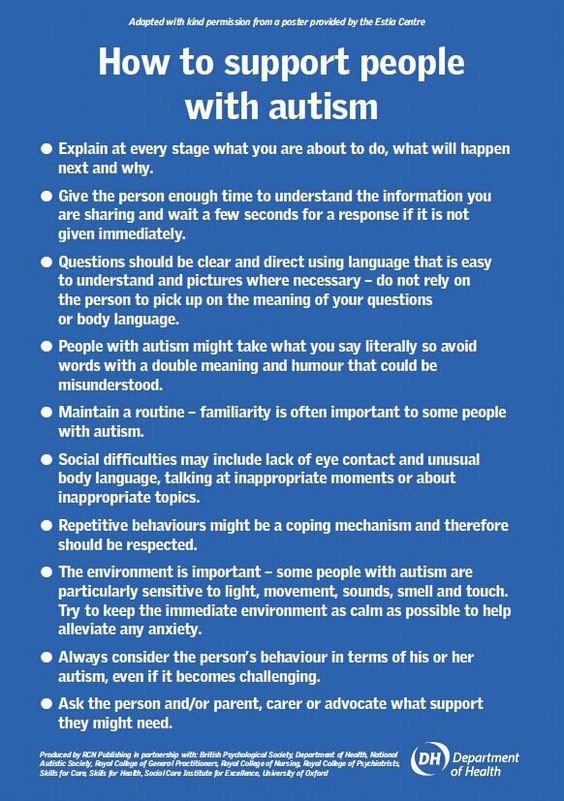
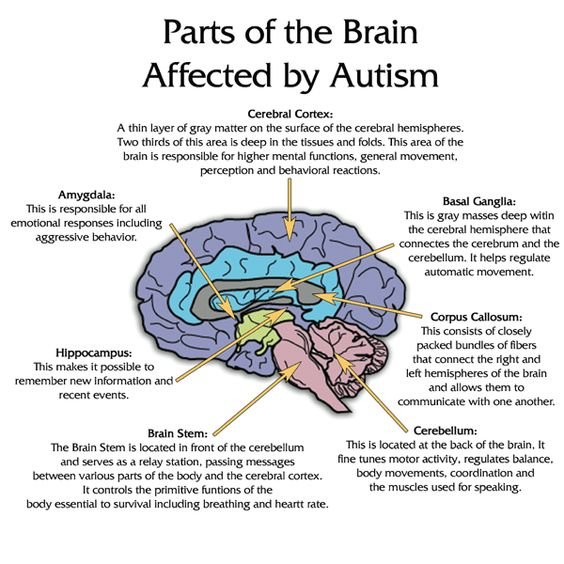
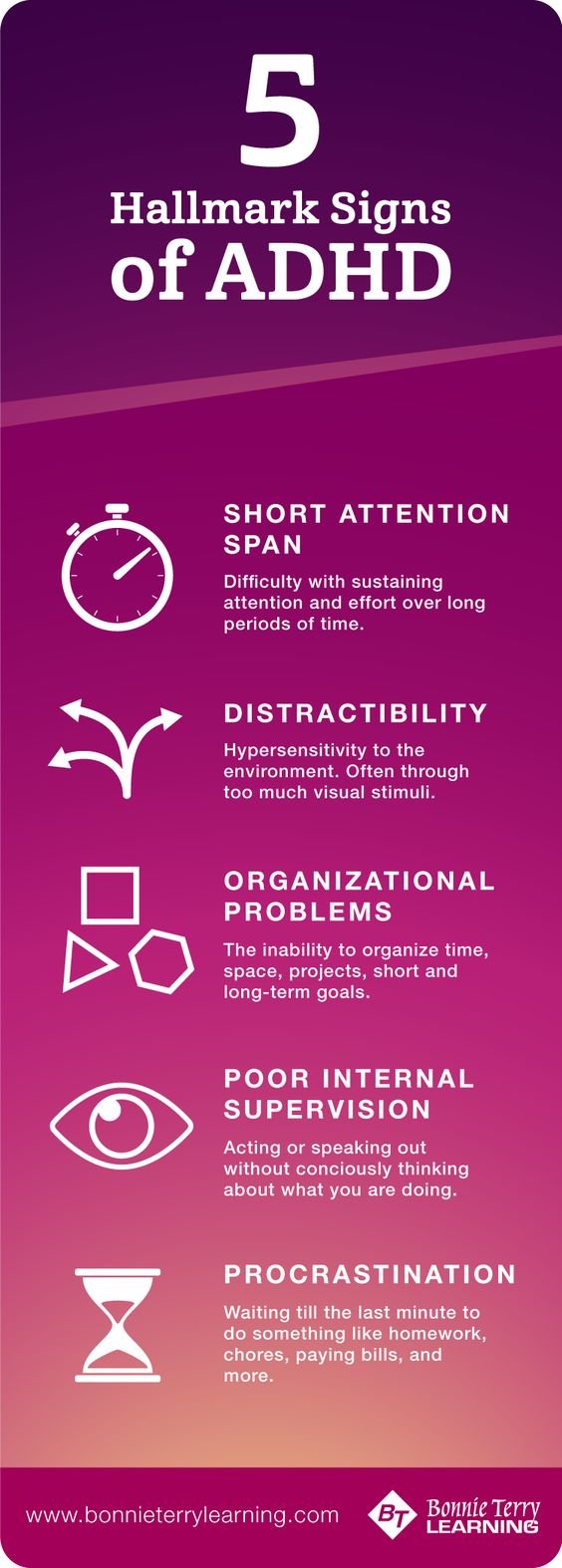
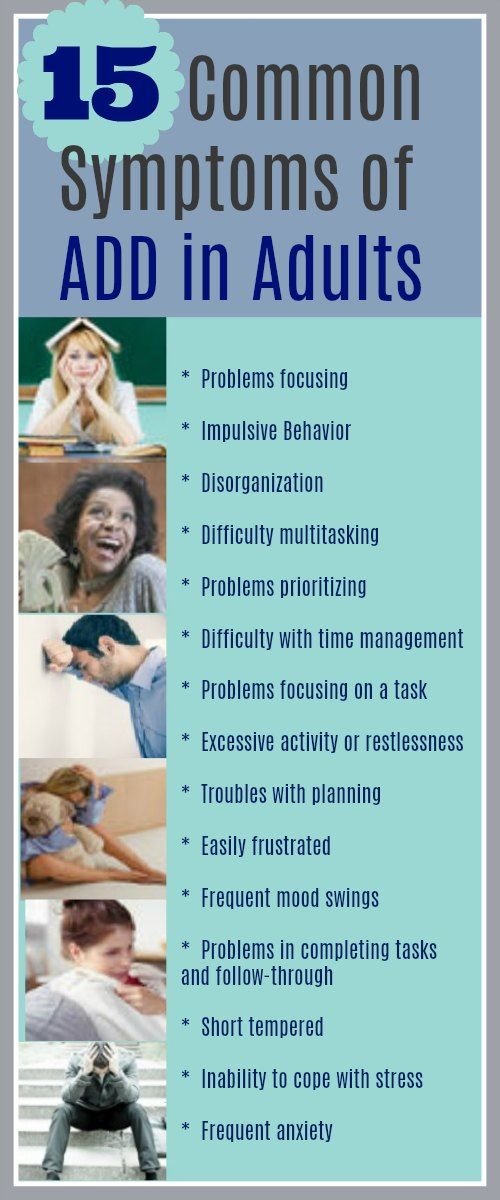
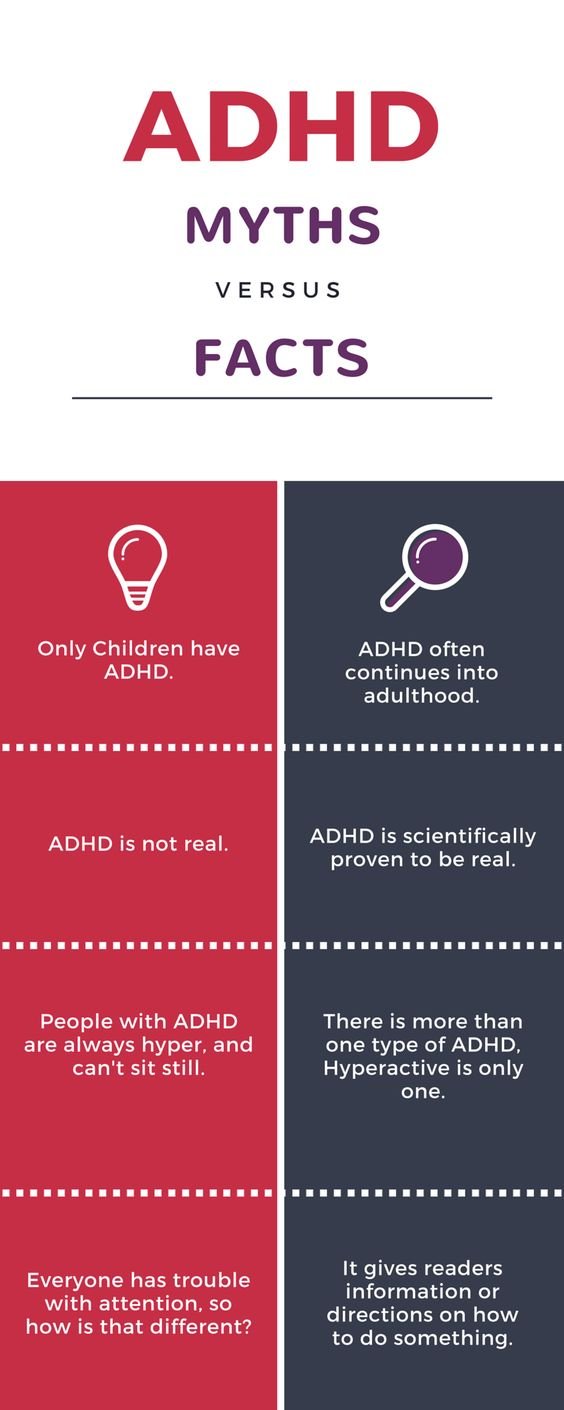
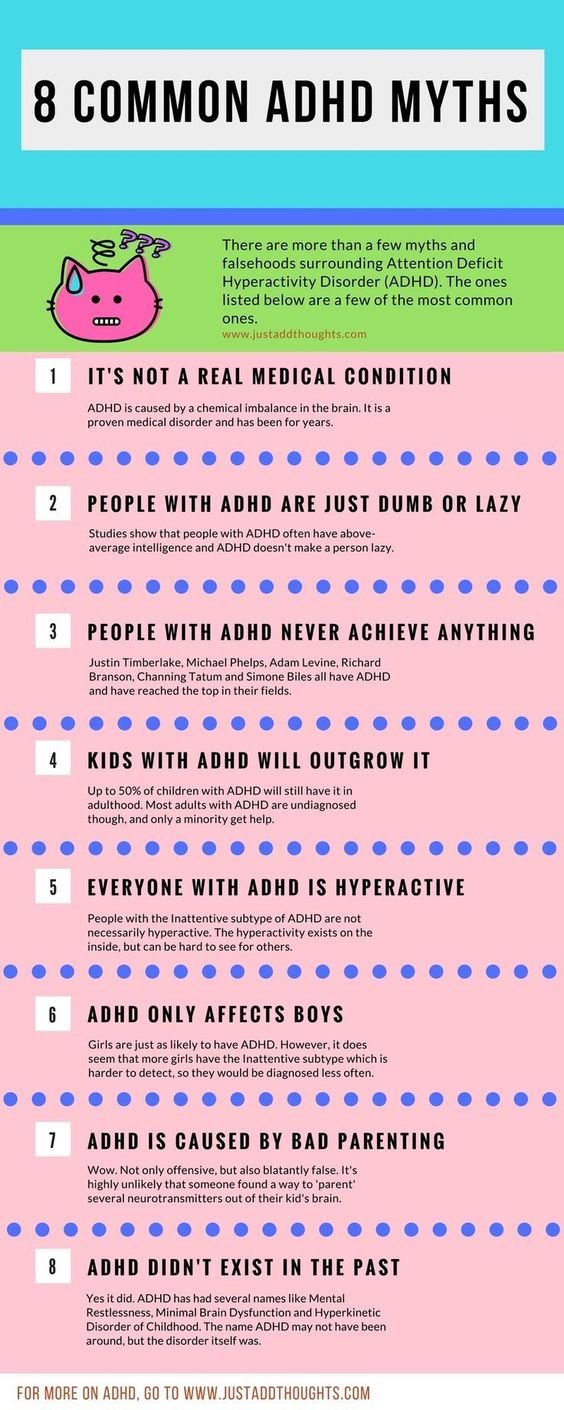
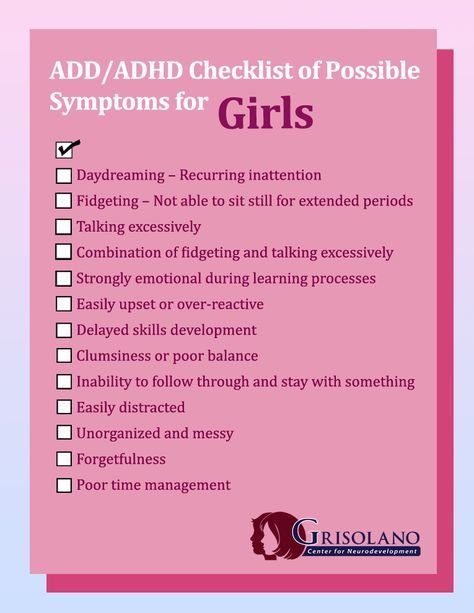
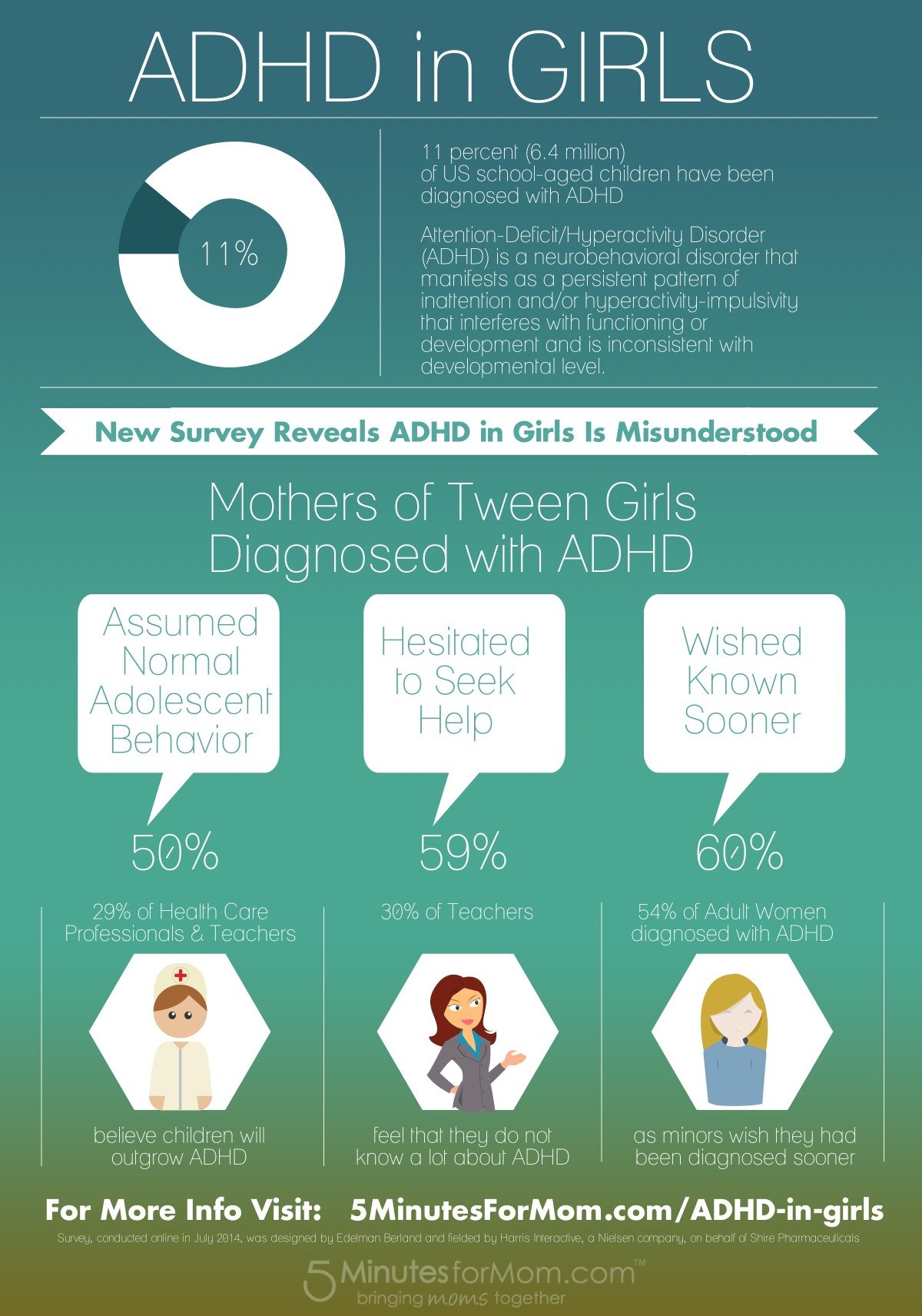
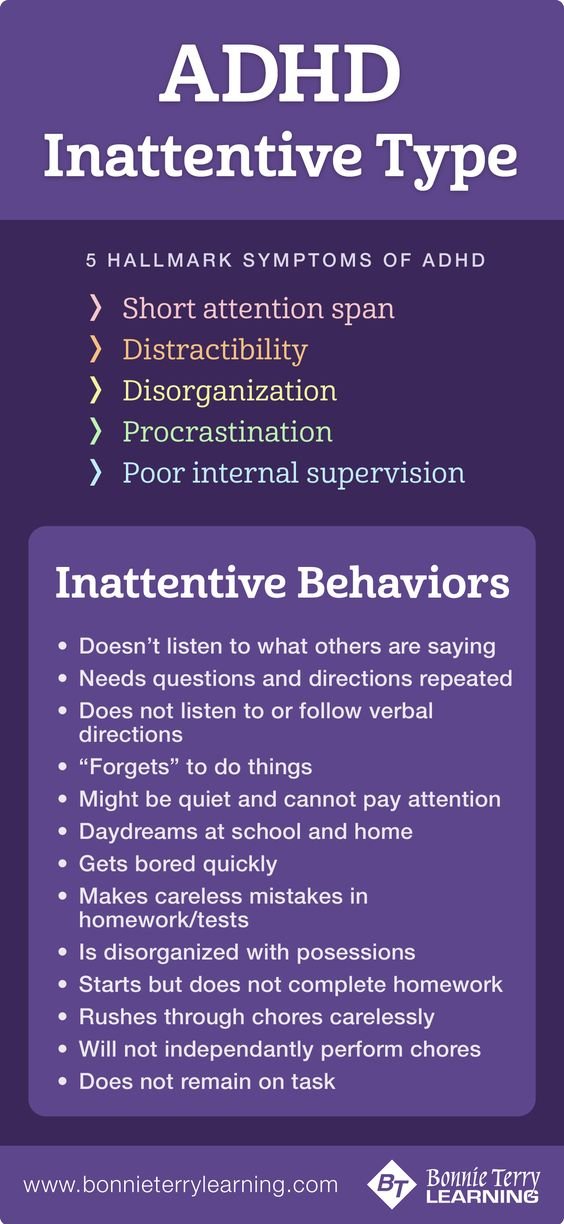
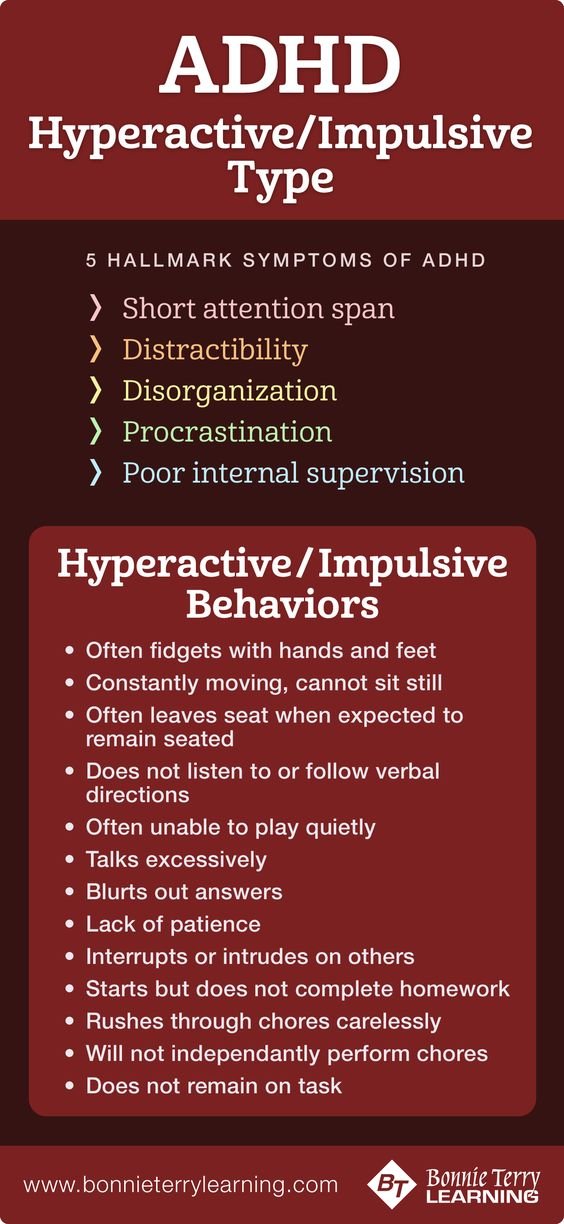
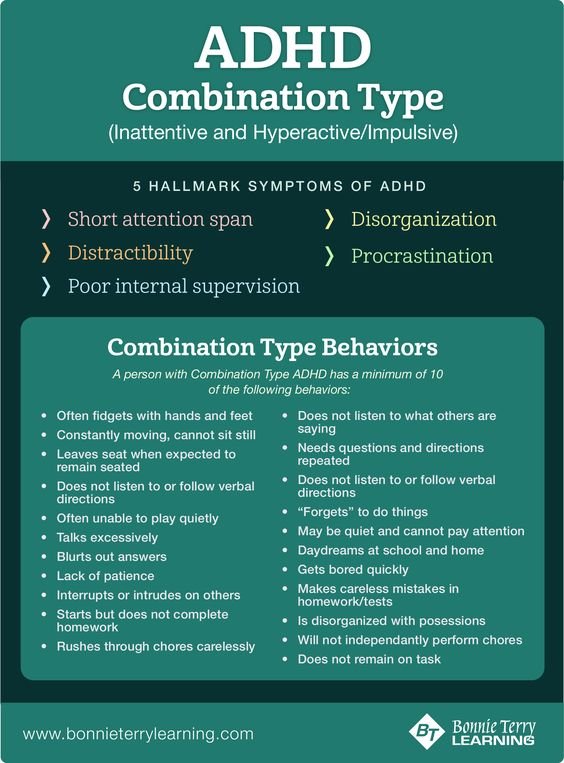
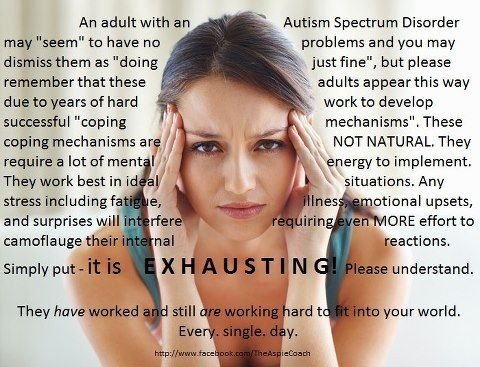
Diagnosing Adults with Autism Spectrum Disorder
adulthood autism, aspergers symptoms in adults test, autism adults symptoms undiagnosed, autism spectrum disorder definition, autism spectrum disorder dsm 5, autism spectrum disorder in adults screening questionnaire, autism spectrum disorder symptoms, autism spectrum in adults, autism spectrum test, autism symptoms in adults checklist, autistic symptoms, high functioning autism spectrum disorder, how to diagnose autism in adults, signs of high functioning autism in adults, types of autism, what are the signs of autism in adults?,




